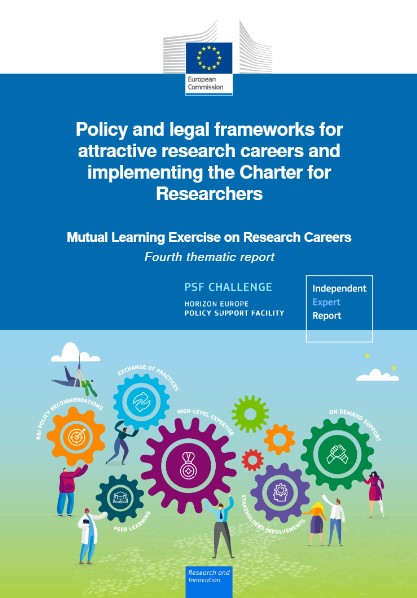
This thematic report illustrates how diverse policy and legal measures (including incentives to implement the European Charter for Researchers) can enhance the attractiveness of research careers by balancing national policy direction with institutional autonomy.
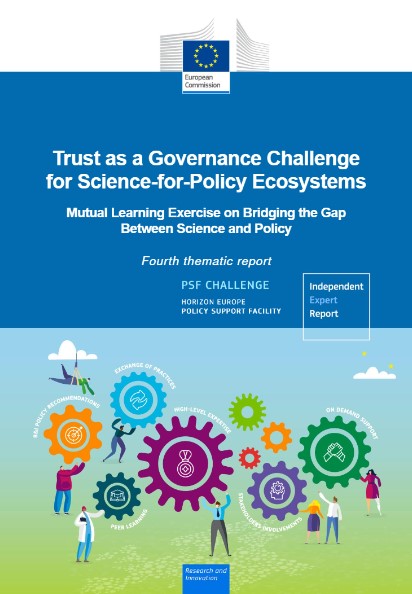
This thematic report explores the issues of trust in, and governance of Science-for-Policy ecosystems. It makes the case for making Science-for-Policy credible, responsive and with anticipatory capacity.
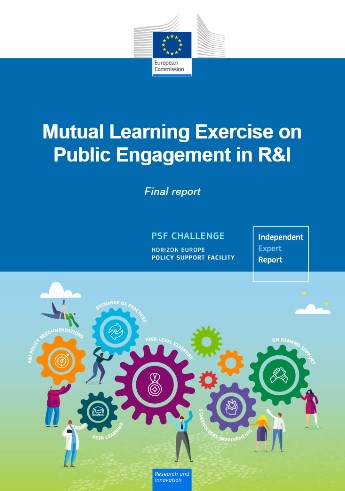
This report offers key findings, policy recommendations, and best practices for embedding public engagement in research governance, addressing challenges and opportunities to foster a more inclusive and socially responsive European R&I ecosystem.
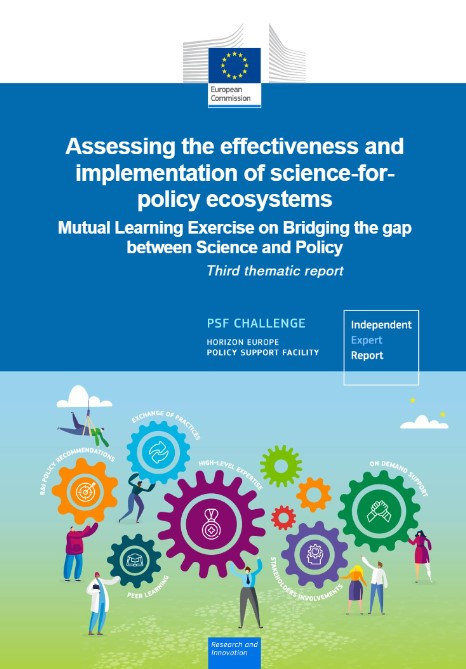
How well do science-for-policy ecosystems function as a whole? This report explores how data and insights can assess individual elements, such as funders or advisory bodies, while also evaluating overall system performance. By examining capacities, outcomes, and trade-offs, it sheds light on strengths, weaknesses, and the impact of different approaches to evidence-informed policymaking.
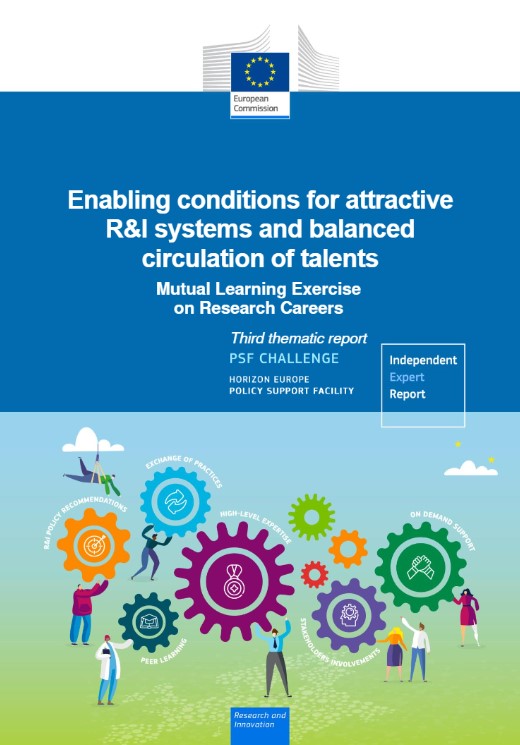
This report, explores enabling conditions for attractive R&I systems and balanced talent circulation, presenting policies at system, institutional, and individual levels. Policy options and national experiences are examined to inform the MLE’s mutual learning process.
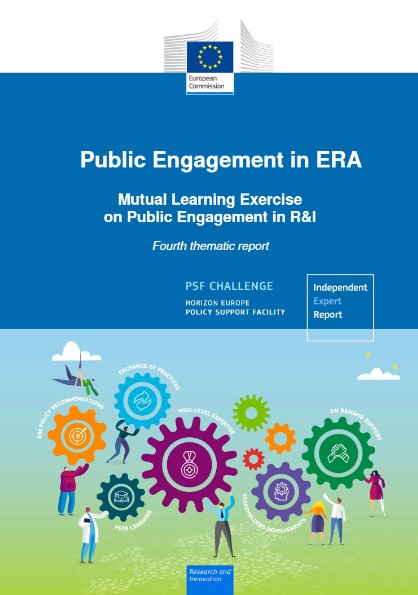
This report explores key aspects of Public Engagement (PE) in ERA: long-standing practices and methods behind successful initiatives, transnational PE exercises and their benefits, and solutions to challenges in cross-border PE.
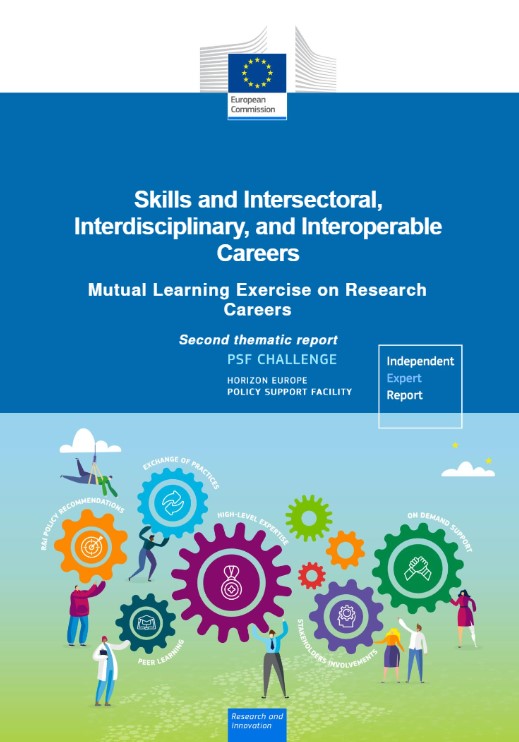
The report addresses key concepts, existing regulations, policies, and support measures, lessons learned, and good practices on skills and intersectoral, interdisciplinary, and interoperable careers.
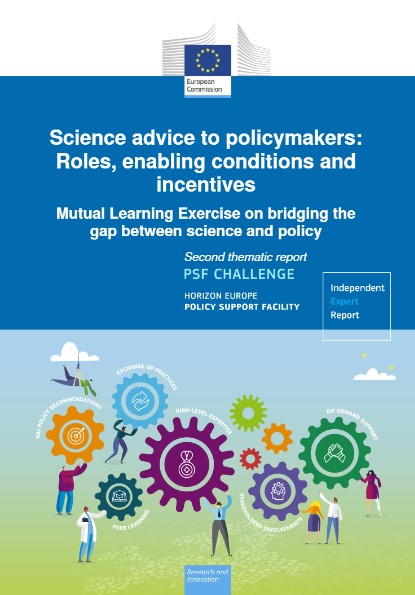
This thematic report focuses on the role of science advice in policymaking. By analysing key characteristics of actors, functions and roles, competencies and skills, and incentives it aims to support the description and analysis of national science-for-policy (S4P) ecosystems.
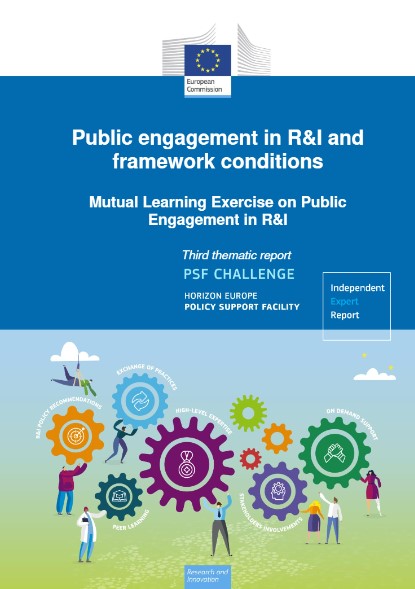
This report aims to discuss three key framework elements of Public Engagement (PE): government policies and strategies supporting public engagement, methods for incentivising and rewarding PE practices, and the training and capacity-building initiatives designed to facilitate meaningful PE implementation
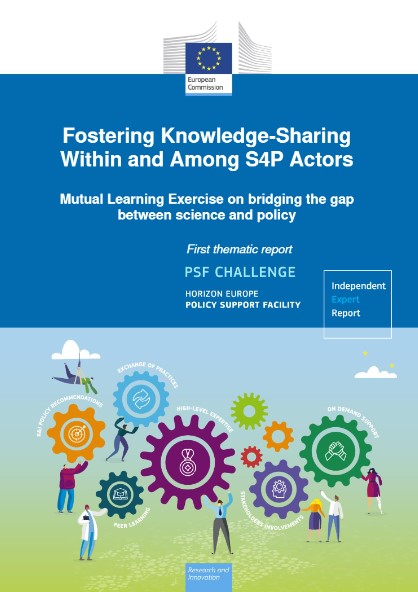
This report explores fostering knowledge-sharing within Science for Policy (S4P) actors, placing S4P within the broader context of knowledge-for-policy (K4P). It introduces key knowledge management concepts and discusses how a knowledge-based approach can shape S4P ecosystems and improve scientific policy advice.
